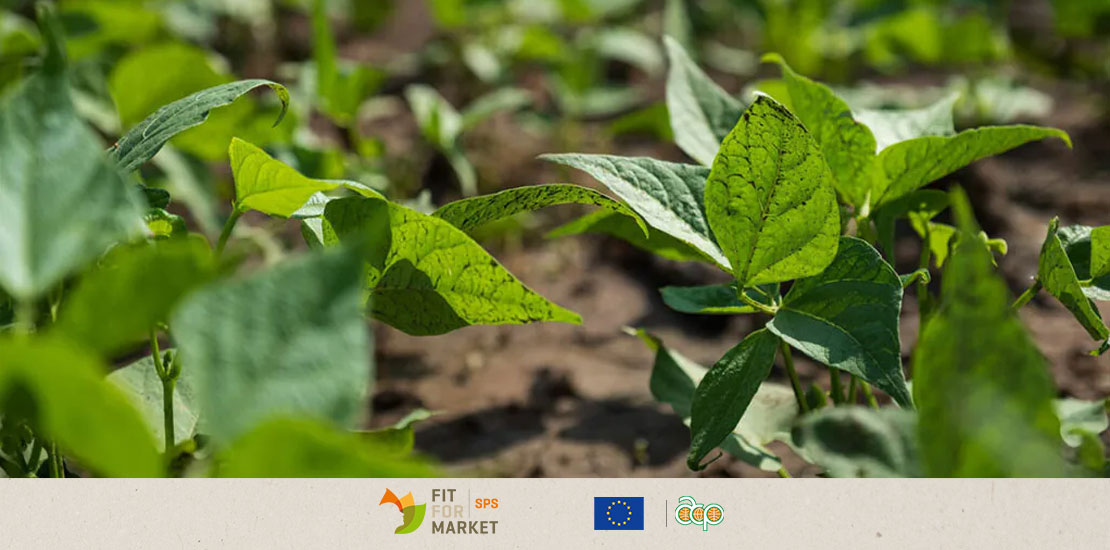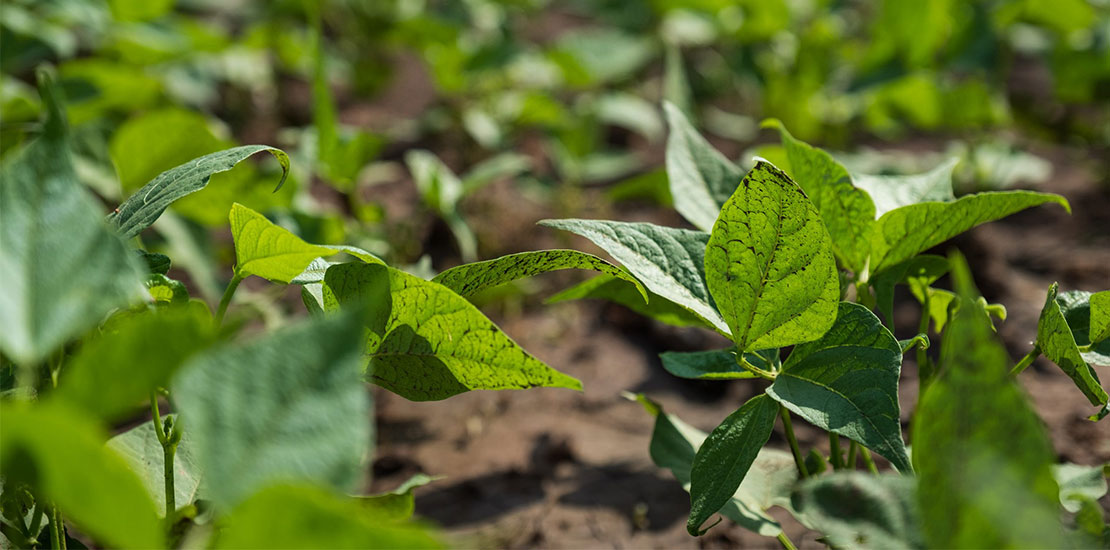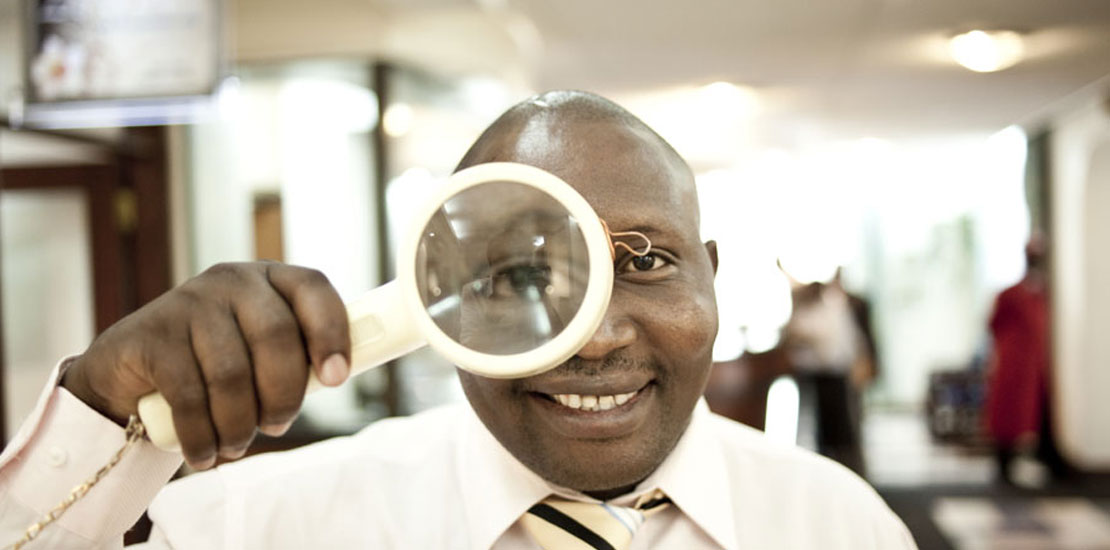EU and UK : notification of changes to plant protection product (PPP) approvals – April-June 2022
- 19/07/2022
- Posted by: Gaetan Dermien
- Category: ACP EN
No Comments Following the departure of the UK from the EU, COLEACP’s monitoring of pesticide regulations now covers both EU and GB approval changes, enabling us to keep COLEACP members and partner-beneficiaries up-to-date. The European Commission (EC) has recently issued notification of changes to plant protection product (PPP) approvals within the EU, some of which are important for ACP horticulture. These include: Approval of Beauveria bassiana strain 203 Approval of Spodoptera exigua multicapsid nucleopolyhedrovirus (SeMNPV), isolate BV-0004 as a low-risk substance Renewal… +
Following the departure of the UK from the EU, COLEACP’s monitoring of pesticide regulations now covers both EU and GB approval changes, enabling us to keep COLEACP members and partner-beneficiaries up-to-date. The European Commission (EC) has recently issued notification of changes to plant protection product (PPP) approvals within the EU, some of which are important for ACP horticulture. These include: Approval of Beauveria bassiana strain 203 Approval of Spodoptera exigua multicapsid nucleopolyhedrovirus (SeMNPV), isolate BV-0004 as a low-risk substance Renewal… +Update on EU MRL changes – April 2022
- 12/04/2022
- Posted by: Gaetan Dermien
- Category: ACP EN, News
 Changes to EU pesticide maximum residue levels Since the start of 2022, we have been highlighting significant changes to EU MRLs that affect 23 active substances, 9 of which are important for ACP export horticulture. The European Commission has also recently notified the World Trade Organization (WTO) of some additional proposed changes involving a further 5 substances, including 1 that is key for ACP horticulture (hexythiazox). How will ACP producers/exporters be affected? Changes to EU Maximum Residue Limits (MRLs) also… +
Changes to EU pesticide maximum residue levels Since the start of 2022, we have been highlighting significant changes to EU MRLs that affect 23 active substances, 9 of which are important for ACP export horticulture. The European Commission has also recently notified the World Trade Organization (WTO) of some additional proposed changes involving a further 5 substances, including 1 that is key for ACP horticulture (hexythiazox). How will ACP producers/exporters be affected? Changes to EU Maximum Residue Limits (MRLs) also… +Update on EU MRL changes
- 19/01/2022
- Posted by: Gaetan Dermien
- Category: Afghanistan, Albania, Algeria, Andorra, Angola, Anguilla, Antigua and Barbuda, Argentina, Armenia, Aruba, Australia, Austria, Azerbaijan, Bahamas, Bangladesh, Barbados, Belarus, Belgium, Belize, Benin, Bermuda, Bhutan, Bolivia, Bosnia and Herzegovina, Botswana, Brazil, Bulgaria, Burkina Faso, Burundi, Cambodia, Cameroon, Canada, Cape Verde, Central African Republic, Chad, Chile, China, Colombia, Comoros, Cook Islands, Costa Rica, Côte d'Ivoire, Croatia, Cuba, Cyprus, Czech Republic, Democratic Republic Of The Congo, Denmark, Djibouti, Dominica, Dominican Republic, Ecuador, Egypt, El Salvador, Equatorial Guinea, Eritrea, Estonia, Eswatini, Ethiopia, Faroe Islands, Federated States of Micronesia, Fiji, Finland, France, French Guiana, French Polynesia, Gabon, Gambia, Georgia, Germany, Ghana, Greece, Greenland, Grenada, Guadeloupe, Guam, Guatemala, Guinea, Guinea-Bissau, Guyana, Haiti, Headline, Honduras, Hong Kong, Hungary, Iceland, India, Indonesia, Iran, Iraq, Ireland, Israel, Italy, Jamaica, Japan, Jordan, Kazakhstan, Kenya, Kiribati, Kuwait, Kyrgyzstan, Latvia, Lebanon, Lesotho, Liberia, Liechtenstein, Lithuania, Luxembourg, Macao, Madagascar, Malawi, Malaysia, Maldives, Mali, Malta, Marshall Islands, Martinique, Mauritania, Mauritius, Mayotte, Mexico, Monaco, Mongolia, Montserrat, Morocco, Mozambique, Myanmar, Namibia, Nauru, Nepal, Netherlands, New Caledonia, New Zealand, News, Nicaragua, Niger, Nigeria, Niue, Northern Mariana Islands, Norway, Oman, Pakistan, Palau, Panama, Papua New Guinea, Paraguay, Peru, Philippines, Poland, Portugal, Puerto Rico, Qatar, Republic of Korea, Republic of the Congo, Réunion, Romania, Russian Federation, Rwanda, Saint Helena, Saint Kitts and Nevis, Saint Lucia, Saint Vincent and the Grenadines, Samoa, San Marino, Sao Tome and Principe, Saudi Arabia, Senegal, Serbia and Montenegro, Seychelles, Sierra Leone, Singapore, Slovakia, Slovenia, Solomon Islands, Somalia, South Africa, Spain, Sri Lanka, Sudan, Suriname, Sweden, Switzerland, Syria, Taiwan, Tajikistan, Tanzania, Thailand, Timor-Leste, Togo, Tokelau, Tonga, Trinidad and Tobago, Tunisia, Turkey, Turkmenistan, Tuvalu, Uganda, Ukraine, United Arab Emirates, United Kingdom, United States, Uruguay, Uzbekistan, Vanuatu, Venezuela, Vietnam, Yemen, Zambia, Zimbabwe
 Key points Since our latest news in December 2021, we are highlighting some significant changes affecting five active substances (acequinocyl, Bacillus subtilis strain IAB/BS03, emamectin, flutolanil, and imazamox) used in crop protection (Reg. (EU) 2021/2202). In particular, emamectin is important and widely used in ACP horticulture. The latest changes involve an increase in MRLs for peaches and kiwi fruits. The new Maximum Residue Limit (MRL) for peaches is 0.15 mg/kg (previously 0.03 mg/kg) and for kiwis the new MRL is… +
Key points Since our latest news in December 2021, we are highlighting some significant changes affecting five active substances (acequinocyl, Bacillus subtilis strain IAB/BS03, emamectin, flutolanil, and imazamox) used in crop protection (Reg. (EU) 2021/2202). In particular, emamectin is important and widely used in ACP horticulture. The latest changes involve an increase in MRLs for peaches and kiwi fruits. The new Maximum Residue Limit (MRL) for peaches is 0.15 mg/kg (previously 0.03 mg/kg) and for kiwis the new MRL is… +Update on EU MRL changes
- 15/12/2021
- Posted by: Gaetan Dermien
- Category: Africa, Angola, Belize, Benin, Botswana, Burkina Faso, Burundi, Cameroon, Cape Verde, Caribbean, Central African Republic, Chad, Comoros, Cook Islands, Côte d'Ivoire, Country, Democratic Republic Of The Congo, Djibouti, Dominica, Dominican Republic, Equatorial Guinea, Eritrea, Eswatini, Ethiopia, Fiji, Gabon, Gambia, Ghana, Guinea, Guinea-Bissau, Headline, Jamaica, Kenya, Kiribati, Lesotho, Liberia, Malawi, Mali, Mauritania, Mauritius, Mozambique, Namibia, News, Niger, Nigeria, Pacific, Papua New Guinea, Republic of the Congo, Saint Kitts and Nevis, Saint Lucia, Saint Vincent and the Grenadines, Sao Tome and Principe, Senegal, Sierra Leone, Sudan, Suriname, Tanzania, Timor-Leste, Togo, Tonga, Trinidad and Tobago, Tuvalu, Uganda, Vanuatu, Zambia, Zimbabwe
 Key points Since the start of 2021, there have been European Union (EU) maximum residue level (MRL) changes concerning 123 plant protection products (PPPs), compared with 59 in 2020. These changes refer to modifications to the previous regulation, and can be either an increase or lowering of the MRLs for certain foods. Since the latest Flash Info in August 2021, there have been changes to 40 PPPs, 13 of which are key for ACP horticulture (acrinathrin, ametoctradin, spinetoram, fludioxonil, fosetyl-aluminium,… +
Key points Since the start of 2021, there have been European Union (EU) maximum residue level (MRL) changes concerning 123 plant protection products (PPPs), compared with 59 in 2020. These changes refer to modifications to the previous regulation, and can be either an increase or lowering of the MRLs for certain foods. Since the latest Flash Info in August 2021, there have been changes to 40 PPPs, 13 of which are key for ACP horticulture (acrinathrin, ametoctradin, spinetoram, fludioxonil, fosetyl-aluminium,… +EU MRL changes for 83 PPPs in 2021
- 26/08/2021
- Posted by: Gaetan Dermien
- Category: Africa, Angola, Antigua and Barbuda, Australia, Bahamas, Barbados, Belgium, Belize, Benin, Botswana, Burkina Faso, Burundi, Cameroon, Cape Verde, Caribbean, Central African Republic, Chad, Comoros, Cook Islands, Côte d'Ivoire, Country, Democratic Republic Of The Congo, Djibouti, Dominica, Dominican Republic, Equatorial Guinea, Eritrea, Eswatini, Ethiopia, Faroe Islands, Federated States of Micronesia, Fiji, France, Gabon, Gambia, Germany, Ghana, Greece, Grenada, Guinea, Guinea-Bissau, Guyana, Haiti, Hungary, Ireland, Italy, Jamaica, Kenya, Kiribati, Liberia, Luxembourg, Madagascar, Malawi, Mali, Marshall Islands, Mauritania, Mauritius, Mozambique, Namibia, Nauru, Netherlands, News, Niger, Nigeria, Niue, Pacific, Papua New Guinea, Poland, Portugal, Republic of the Congo, Rwanda, Saint Kitts and Nevis, Saint Lucia, Saint Vincent and the Grenadines, Samoa, Sao Tome and Principe, Senegal, Seychelles, Sierra Leone, Solomon Islands, Somalia, Spain, Suriname, Tanzania, Timor-Leste, Togo, Tonga, Trinidad and Tobago, Tuvalu, Uganda, Vanuatu, Zambia, Zimbabwe
 Key points Since the start of 2021, European Union (EU) maximum residue level (MRL) changes concerned 83 plant protection products (PPPs; 59 in 2020). These changes refer to modifications compared to the previous regulation, and can be either an increase or lowering of the MRLs for certain foods.COLEACP identified 27 key substances used in African, Caribbean and Pacific (ACP) horticulture that are affected by these changes. For 10 of the substances (ametoctradin, bupirimate, chlorothalonil, dimethoate, ethoprophos, myclobutanil, propiconazole, pyraclostrobin spinetoram,… +
Key points Since the start of 2021, European Union (EU) maximum residue level (MRL) changes concerned 83 plant protection products (PPPs; 59 in 2020). These changes refer to modifications compared to the previous regulation, and can be either an increase or lowering of the MRLs for certain foods.COLEACP identified 27 key substances used in African, Caribbean and Pacific (ACP) horticulture that are affected by these changes. For 10 of the substances (ametoctradin, bupirimate, chlorothalonil, dimethoate, ethoprophos, myclobutanil, propiconazole, pyraclostrobin spinetoram,… +
